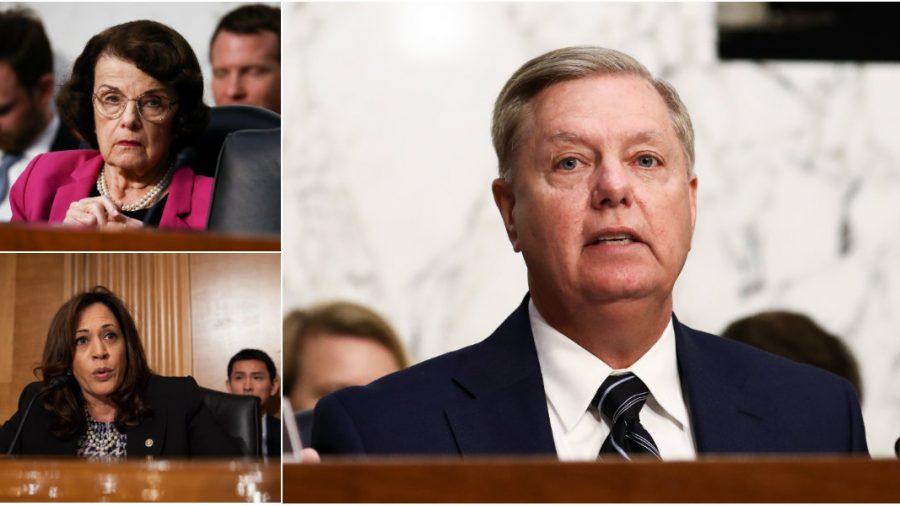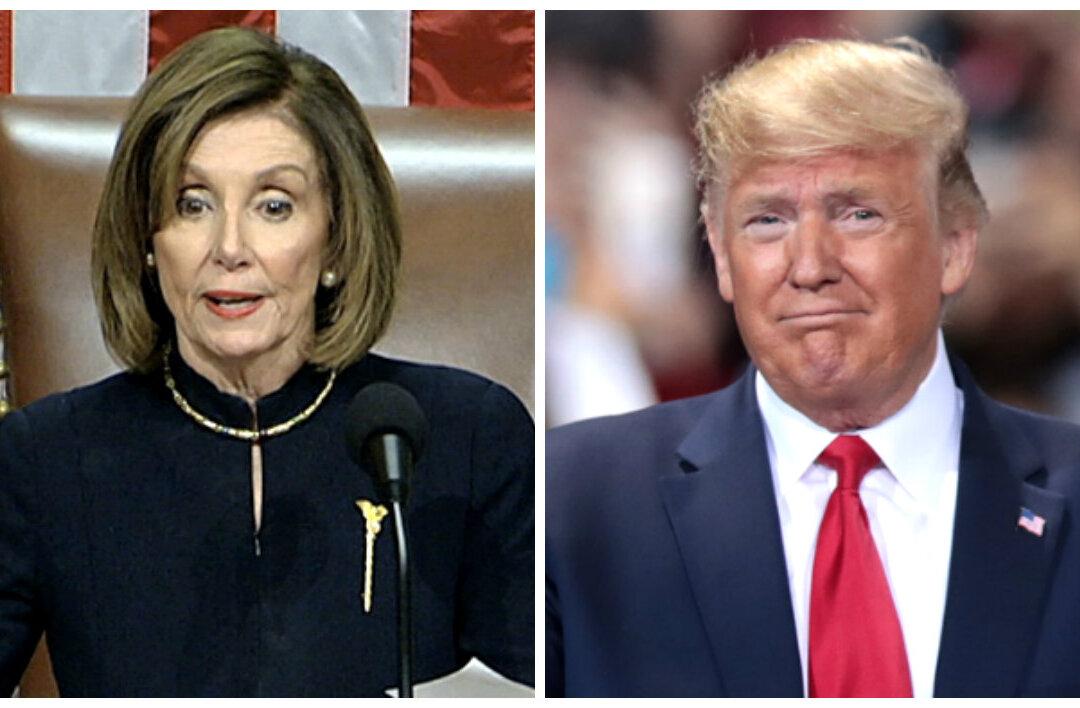WASHINGTON—Chairman of the Senate Judiciary Committee, Lindsey Graham, threw his support behind President Donald Trump’s three nominees for the Ninth Circuit Court of Appeals, calling them “highly qualified” in a Jan. 31 statement over objections from both California Senators who claimed the White House did not do enough to include them in the selection process.
On Jan. 30, the White House announced Trump’s intent to nominate Daniel Bress, a private attorney with the Kirkland & Ellis law firm based in D.C.; Daniel Collins, a partner at the Los Angeles law firm Munger, Tolles & Olson; and Kenneth Kiyul Lee, a partner at the Los Angeles office of Jenner & Block law firm.





